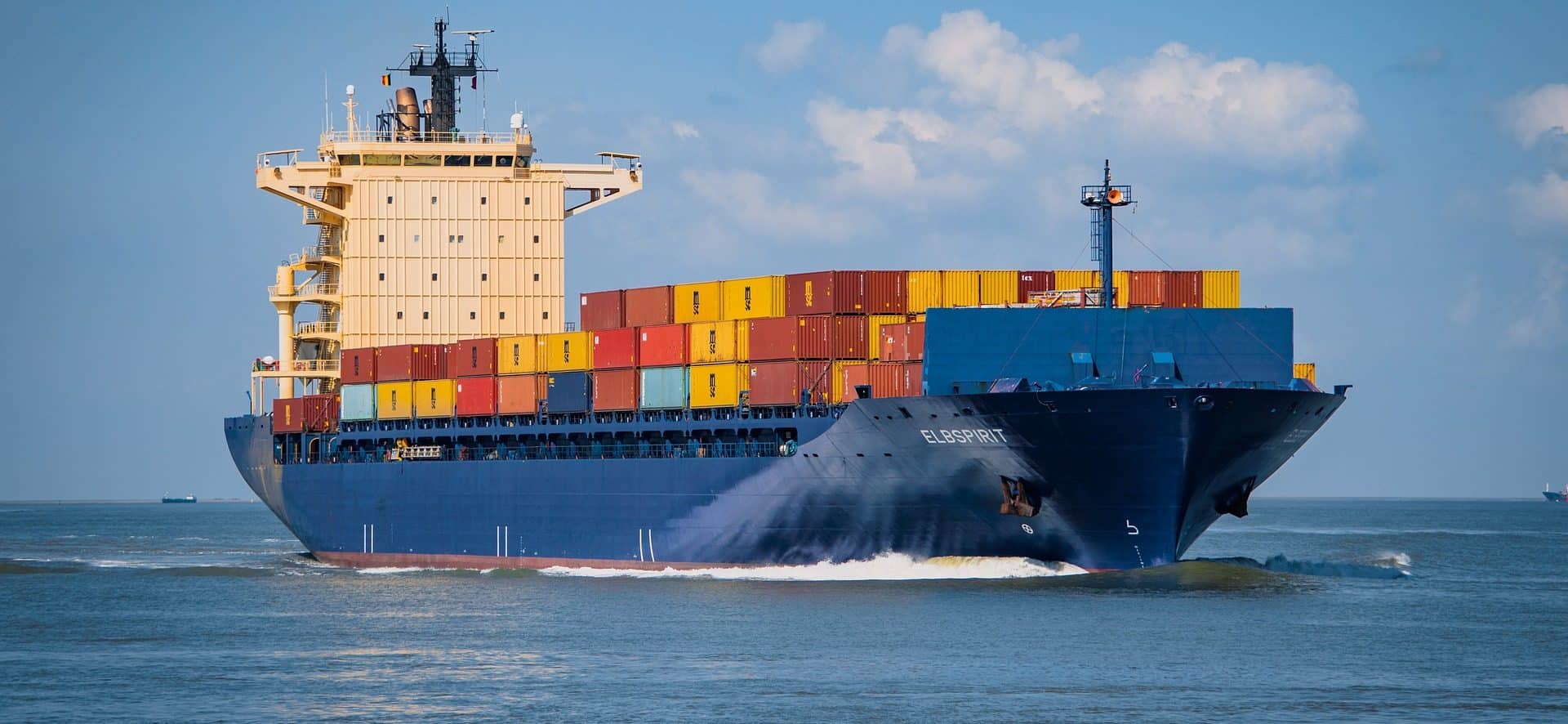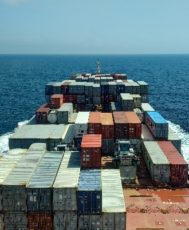Insurance & Risk Management For Your LCL Shipment
If you’re a small business importing goods for the first time or want to learn more about LCL Shipments, then you may wish to know the risks involved. It is important to have the correct insurance and risk management in place so that should something happen in the shipping process, you’re protected.
With this blog, we will cover risks associated with LCL shipments and how to choose the best insurance.
What Is An LCL Shipment?
LCL shipment is an abbreviation of ‘less than a container load’. This method of shipment relates to when the goods or cargo does not fill a container. In LCL shipments, goods from different importers will share container space with other small shipments. Eventually, the individual shipments will fill the container.
There are many advantages associated with LCL shipping. For smaller businesses, LCL shipping means they can ship goods sooner, rather than waiting for the container to be full. Other benefits include-
- Moving smaller shipments with lower costs
- Avoiding high air freight cost per kg
- Reduced inventory costs
- Available space during peak season
Read our blog post on the advantages of LCL shipping for small businesses to learn more.
How Do LCL Shipments Work?
In preparation for an LCL shipment, a freight forwarder will find at least two exporters who wish to ship smaller volumes of cargo from the same loading port to the same port of discharge. The freight forwarder then consolidates the smaller load units to fill a container. Based on volumes of cargo, exporters share the freight cost proportionately.
Risks Associated With An LCL Shipment
While opting to import goods via LCL shipping is a preferred method for small businesses, and has many benefits, that is not to say it goes without any risks. Being aware of the risks of LCL shipping before using this method allows importers to devise a risk management plan. Here are some common risks associated with an LCL shipment:
Damage To Goods Due To Insufficient Packing
One of the biggest risks associated with international shipping is improper packing, leading to the breakage of goods or leakage. For an LCL shipment, the risk of poor packing is generally higher, as shippers share one container. While your packing may be sufficient, there is no guarantee that the same applies to other importers.
Incompatible Cargo
In relation to the point above, containers may hold incompatible cargo, such as hazardous liquids or materials. Therefore, the risk of leakages on your containment could cause irreversible damage or contamination to your goods.
Increased Handling
LCL cargo is handled multiple times during the loading, unloading, and consolidation, which increases the risk of damage to goods. Due to more handling points, the risk of theft at ports is higher.
Cargo Not Cleared From Export Customs
Under LCL shipments, freight forwarders consolidate cargoes from at least two exporters. Each containment requires clearance of export customs procedures. If one exporter has not completed their export operations on time, this may cause delays for the entire shipment.
Limited Control
When it comes to LCL shipments, you generally have less control over the handling and storage of your goods. This may be a concern for importers of high-value goods or sensitive goods that require certain treatment when handled. The risk of damage is therefore higher.
Risk Management Strategy
Here are some ways reliable freight forwarders can help reduce the risks associated with an LCL shipment:
- Prepare an honest quote, including any foreseeable charges so there is no blindsiding.
- Manage booking so the route is as efficient and quick as possible, with as few handling points as possible.
- Prepare customs clearance for ease and flow through customs.
- Contact suppliers in their native language to ensure accurate booking.
- Handle goods safely and organise delivery.
Follow this link if you would like to read more on how Shippo safely navigates the shipping process.
Choosing The Right Insurance
It may seem like there is a litany of risks associated with LCL shipping and it may be off-putting. That’s not to say it is the wrong choice for your shipment. Ensuring your cargo will help protect your shipment.
The primary benefit of insuring an LCL shipment is financial coverage. In the event of theft, loss, breakage or damage during transit, insurance will cover the cost of replacing or repairing the goods. Protecting cargo ensures peace of mind for both shippers and importers. Due to the nature of LCL shipments, in that the goods stored inside may have varied needs, insurance policies are highly customisable.
Those who deem insurance an unnecessary expense generally disregard the risks associated with shipping by sea freight. We recommend that both importers and exporters should have cargo insurance.
What Does Cargo Insurance Cover?
- Theft, loss or damage of goods whilst in transit
- Incidents relating to the ship, such as sinking, capsizing
- Jettisoned cargo to prevent a ship from capsizing or sinking- available with Shippo
- Incidents relating to trucks and trains, including overturning, road accidents, derailment
- Loading and unloading of cargo
- Warehouse storage between transport stages
- Fire or explosions
- Acts of God – volcanic eruptions, lightning, earthquakes etc.
- Total loss of any package lost overboard or dropped whilst loading onto, or unloading from a vessel or craft.
Trusting Shippo With Your LCL Shipment
At Shippo, we are experts in ensuring your LCL shipment is imported safely and will leave no stone unturned when it comes to risk management.
Cargo insurance is not automatically included with Shippo; however, we can sort out the arrangements for you. We will calculate insurance expenses for you when shipping through us. If you would like to know how much cargo insurance will cost you, or what you need to insure, we have an insurance calculator which can give you an estimation.
We cover more top tips for LCL shipping in our blog posts. If you still have any questions left unanswered, don’t hesitate to contact us, or request a quote online.


